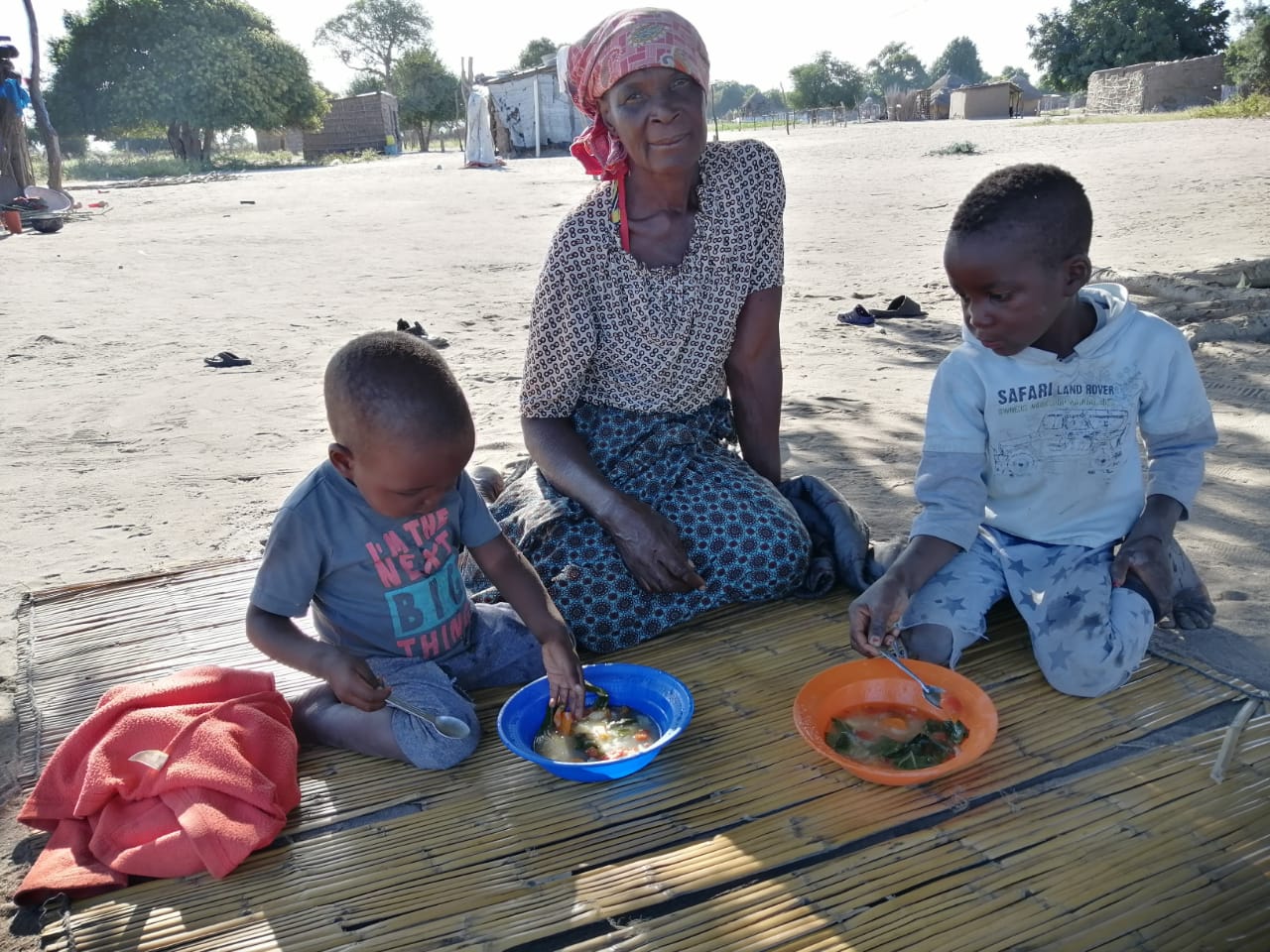
Global food insecurity negatively impacted by Covid response
International and local Covid-restriction measures, established to limit the spread of the coronavirus, have been introduced in cities and regions throughout the world over the last nine months. These measures have been applied based upon the best available information at the time and informed by local circumstances and capacity. Many of those measures are affecting food systems include closure of restaurants and school canteens, restrictions on selling food in public spaces, restrictions on the use of public transport, as well as restrictions on human mobility more generally including limitations in agricultural operations and food transportation. As a result, disruptions have been observed from food production and supply to food accessibility. As is often the case, this has adversely affected the poorest communities the most.
Globally, food accessibility was heavily affected by the closure of schools, restaurants, canteens and street food outlets, which has disrupted the eating patterns of millions of people, particularly children and vulnerable people. It is assessed by the UN's Food and Agricultural Organisation that an additional 83 to 132 million people may become undernourished globally in 2020 because of the Covid. In countries where food production is already challenging, disrupted supply chains can be devastating.
Short-term adverse impacts include:
- inability to perform agricultural operations such as plant production and protection measures against pest and diseases (often supplied by seasonal migrants);
- reduced access to agricultural inputs;
- limited advisory and extension services supporting crop production; and
- shortage of human labour, especially in labour-intensive value chains and regions during the harvesting season.
This will likely lead to a reduced quality of agricultural inputs, reduced purchasing capacity of poorer farmers, and reduced consumer demand by those households with reduced income caused by the economic recession, which could eventually cause the collapse of many small and medium scale farms and lead to widespread poverty among vulnerable farmers.
Covid continues to cause concern globally
The incidence of new Covid cases has continued to inrease, while the incidence of new deaths has remained relatively stable. At 24 October, over 40 million cases and 1.1 million deaths have been reported globally, with over 2.4 million new cases and 36 000 new deaths reported over the past week.
Across Europe, there has continued to be a rapid increase in cases and deaths, with over 927,000 new cases reported this past week – a 25 percent weekly increase in cases compared to the previous week. According to available data from countries in Africa, the entire region of Africa only accounts for one percent of global cases last week, which is highly unlikely to be accurate. More testing, tracing, recording, and public information is needed in most countries in Africa. Even with limited date available, there was a marked increase in both cases and deaths across Africa in the last seven days, with an 11 percent increase in new cases and an eight percent increase in new deaths.
Produce and buy local food to increase development and mitigate impact of Covid
It is clear that in order to cope with various humanitarian shocks such as Covid, whever possible, cities should adopt policies and programs to empower local producers to grow food, and promote short food chains to enable urban citizens to access food products that are produced locally. Countries like Mozambique with potential for local production should be supported for short and long-term development objectives. Cities have to diversify their food supplies and food sources, reinforcing local sources where possible, without shutting off national and global supply chains that are essential for diversification and long-term development.
1 thought on “Impact of Covid on global food systems”
Comments are closed.